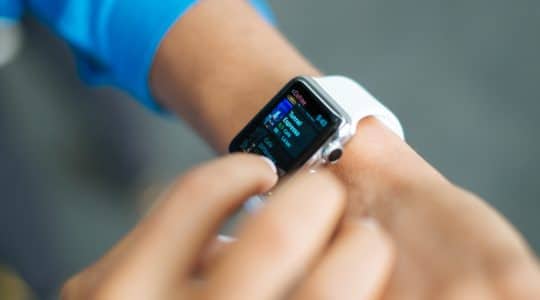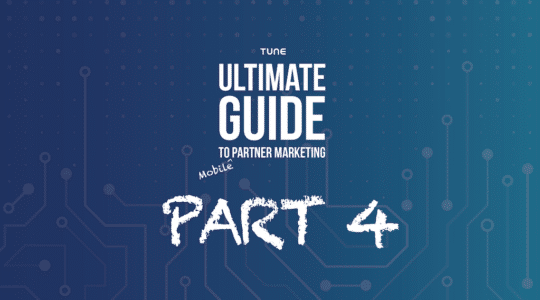First posted on iMediaConnection:
In case you’ve been living under a rock, Apple announced with iOS 5 that it was phasing out access to the unique device identifier (UDID). This little data point is what allows most developers to track users across mobile apps. As you might imagine, some rather large companies have built their entire businesses on advertising across apps, tracking which users interact with advertisements, and which ones actually install other apps as a result.
Among the most impacted by Apple’s decision are mobile ad networks, many claiming to provide cost-per-install (CPI) campaigns where mobile marketers only pay for the installs generated by that ad network. While I already question the accuracy of most CPI campaigns run by mobile ad networks, removing UDID from their bag of tricks nearly cripples their ability to accurately provide CPI campaigns.
Why is Apple raining on the ad network parade? The obvious reason is the campaign for user privacy. Users don’t seem to like the fact that they’re being tracked on their web-capable devices. Of course, if Apple is so concerned about the user, why is it “phasing it out?” Why not just stop it dead with the first iOS 5 update? Answer: it would lose everyone a lot of money, including Apple. The bottom line is that the most downloaded games on the iPhone rely on mobile advertising to keep their numbers pumping, and phasing out UDID gives everyone a chance to transition their business or find alternate ways to track users. Ultimately, advertisers need to find accurate ways to track ad engagement without using any real personally identifiable information (PII).
The issue of user privacy is in its infancy on mobile right now. Most people have no idea what information on their phone is tracked when they install new apps or engage with advertisements. Even major mobile app marketers have no idea what information ad networks are pulling from user devices unless they’ve decompiled those ad networks’ software development kits themselves. That’s one of the reasons why everyone keeps calling mobile advertising the “Wild Wild West.” No one seems to know what anyone else is tracking or storing, and regulation is extremely weak, but that won’t last long.
Privacy is already a hot topic on the web, with the Federal Trade Commission (FTC) threatening action in hopes of industry self regulation, and it all revolves around this concept of PII. At what point have we stepped over-the-line and infringed on the privacy of the individual? According to the FTC, it usually involves behavioral targeting. Nearly all of the FTC’s regulatory efforts this year regarded deceptive opt-outs from behavioral advertising campaigns.
I assume that Apple is leery of attracting the attention of the FTC since it provides every app developer out there with a 100 percent accurate way to track individual user devices. But what if advertisers don’t want to track users to behaviorally target them, spy on them, or steal information? What if ad networks just want to sell traffic and show their advertisers the ROI? I believe that is the case for almost every ad network. Even those that are collecting and storing a ton of PII may have absolutely no intention of using it for anything malicious.
Don’t mobile marketers have a right to know which ads are working and which ones aren’t? How will Apple continue to build its empire if the biggest app developers can’t quantify their mobile advertising campaigns? Anonymous tracking is the key. In fact, we’ve been doing this sort of tracking in the world of affiliate marketing for a very long time. You just need enough information to connect the conversion event (like an app install) back to the click event, and do we really need to have an exact identifier to do it? Perhaps we can use the combination of some less sensitive information to track with a high level of certainty that the user that clicked a particular ad was the same user that installed a mobile app moments later.
Some mobile ad networks are skirting around the issue by moving on to other identifiers, but does that really solve the issue? What the UDID phase-out is forcing our young industry to do is find a more anonymous way to track the user, better ways to store information, and a clearer understanding of our objectives. It is our quest to get the marketing insight we need while taking privacy seriously. I can say with certainty that those who work hard to protect the privacy of users while finding the information they need to determine advertising performance will be the ones that succeed in mobile advertising.
Author
A digital marketer by background, Peter is the former CEO of TUNE, the enterprise platform for partner marketing. In 2018, he sold TUNE’s mobile measurement product to Branch, unifying measurement and user experience. He led TUNE’s efforts to bring better management technology and automation to marketing partnerships, across affiliates, influencers, networks, and business development relationships. Follow @peterhamilton




Great Read!! I have worked with a company called Fiksu in the past to help market my app. Try writing an article on them, they are far superior to many of the ad networks these days.